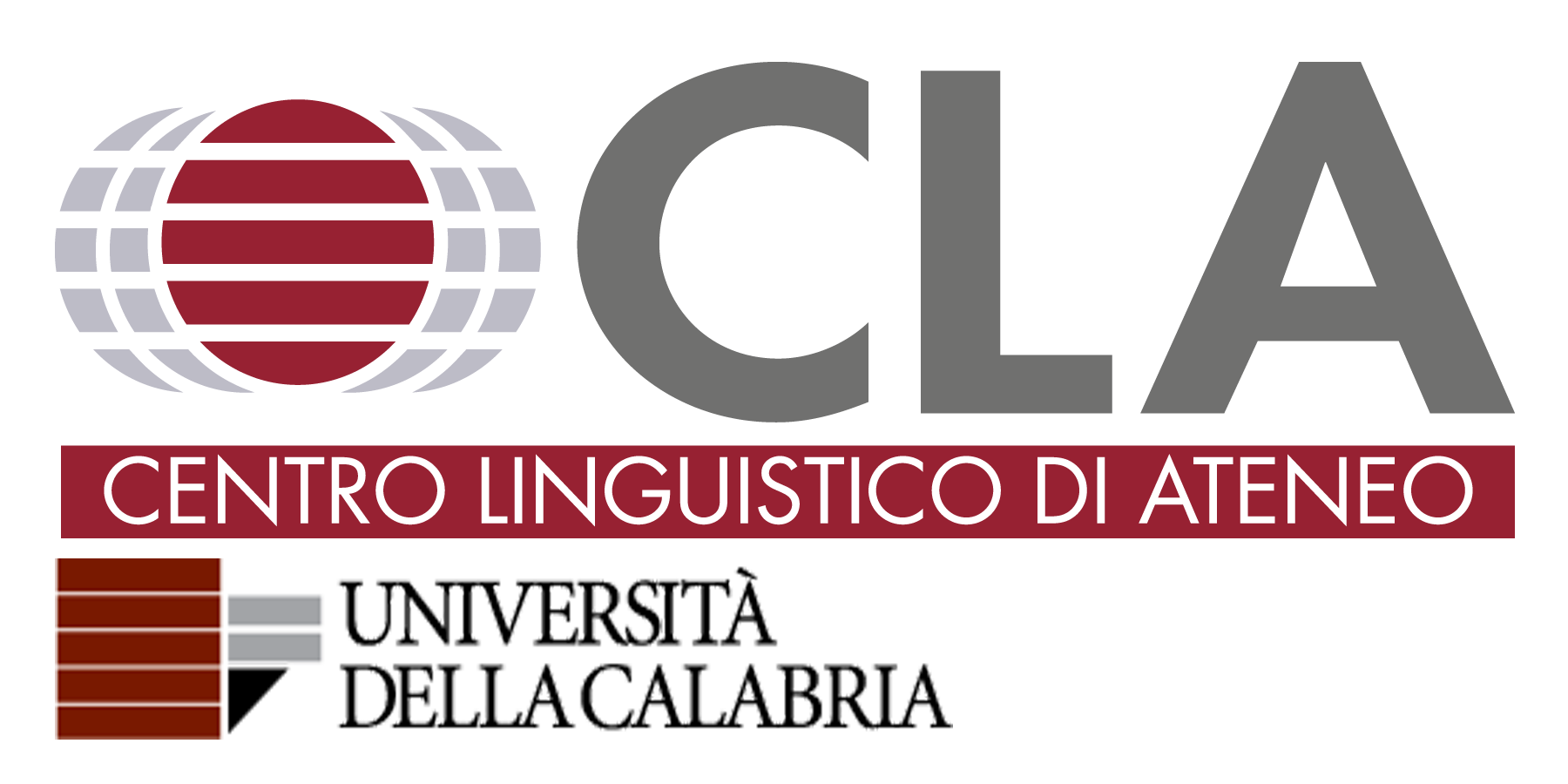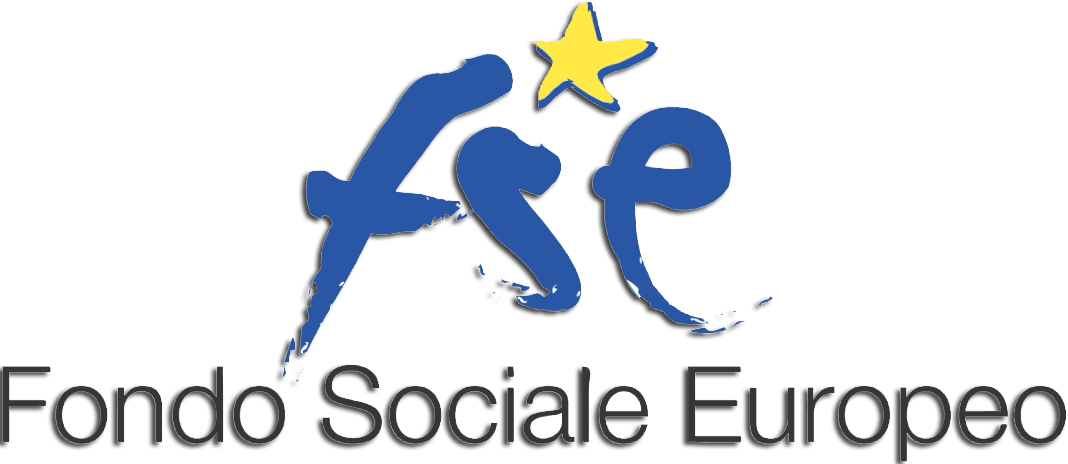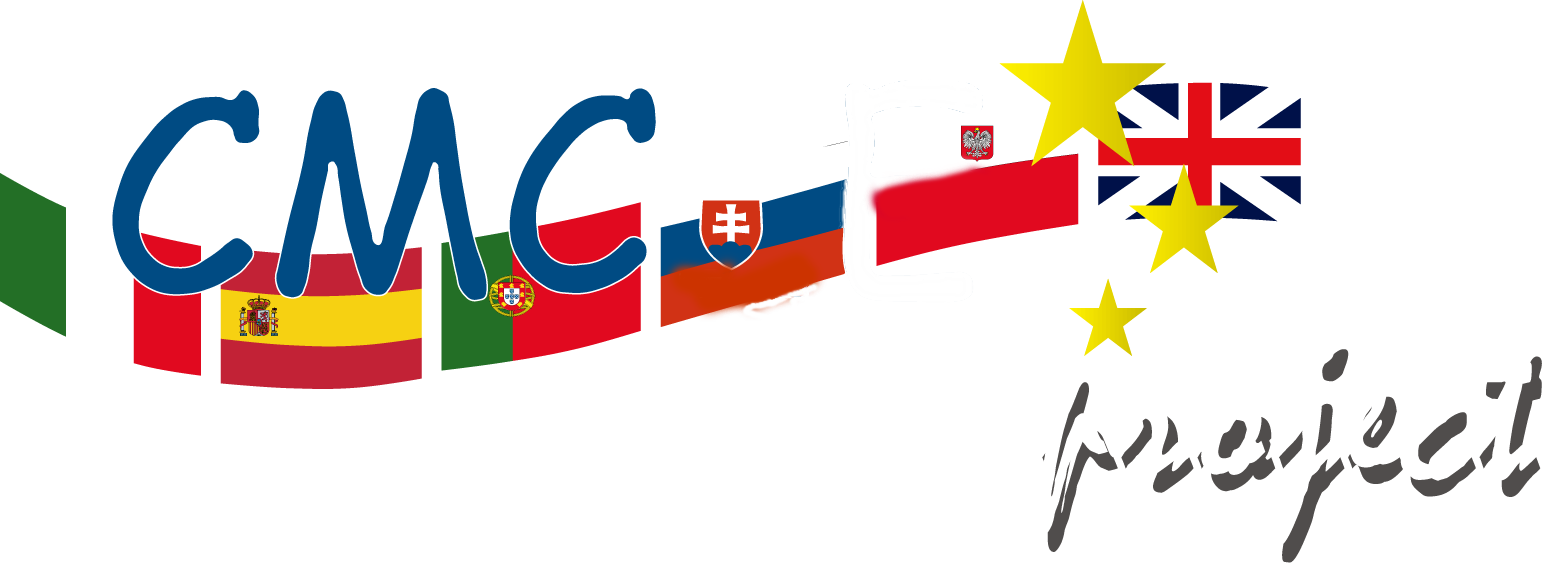Training
Conversational and lexical analysis of specialized languages: from the database to the linguistic acquisition.
Educational and professionalizing objectives
The language field research and the learning of foreign languages are based, more and more, on the use of advanced technologies which allow to identify the parts of the conversation used more frequently in the communication and the terminology which communicates more frequently meaningful messages. In particular, the Word Smith Tool helps research in this field, easily allowing to identify the meaningful parts of the conversation in their original context. These instruments give the opportunity to identify the most important parts of the conversation for the achievement of the language on behalf of university students and useful, therefore, as a precious guide for teaching in the academic context.
As a consequence, the research training had the objective of allowing the trainee to achieve the following educational and professionalizing objectives:
a. being able to use technological instruments such as the Word Smith Tool which optimizes the research of linguistic data,
b. being able to transfer these data on a database aimed at the use, on behalf of the university students, in the self-study laboratories of the two Language Centres involved (University Language Centre, University of Calabria, University Language and Library Services Centre, IUSM),
c. being able to create from that database the linguistic activities finalized to the self-study of university students.
Educational and professionalizing activity plan
The University Language Centre (University of Calabria) made it possible for the trainee to deepen:
1. applied linguistic knowledge and conversation analysis,
2. theoretical knowledge comparable to the specialized conversation,
3. capacity of research of technological instruments such as the Word Smith Tool and other instruments offered on the World Wide Web,
4. capacity of creating appropriate teaching activities for the students of the University Faculties.
The Language Centre Celba (University of Rome “Foro Italico”):
1. participated in the planning project for the research training,
2. offered the opportunity of achieving the research technology on behalf of the trainee,
3. supervised the training activity.
Professional improvement of the trainee
The trainee had the opportunity to:
1. deepen the knowledge of applied linguistic and conversation analysis,
2. deepen theoretical knowledge comparable to the specialized conversation,
3. acquire capacity of research through technological instruments,
4. improve the capacities of the appropriate didactic activities for the university context (in particular for the students of the Faculties of Economy and Political Science),
5. achieve self-confidence in these research contexts and, consequently, develop a more incisive self-esteem, both an extremely important factor for the trainee and a relevant factor for the predictable positive effects on the structures proposing and offering the training.





